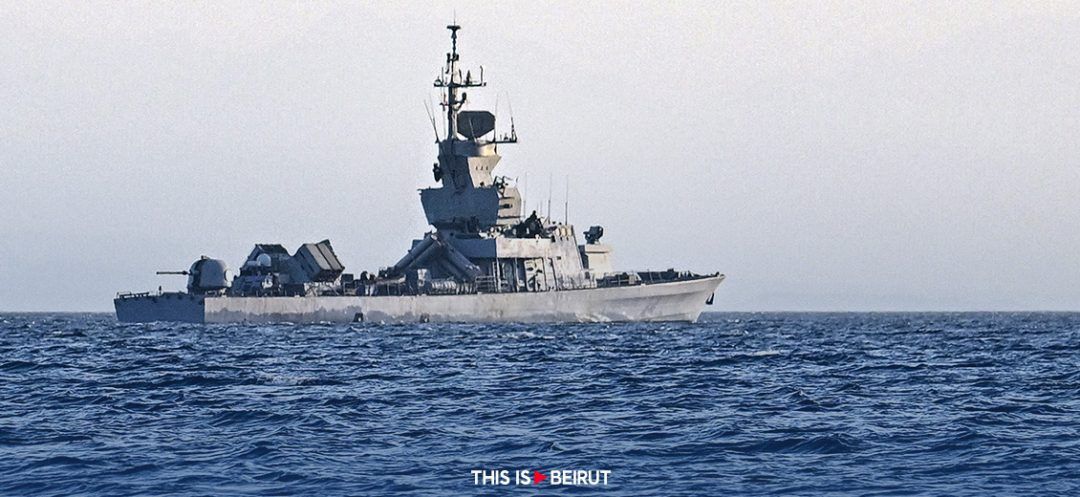
A fertilizer-laden cargo ship, which sank in the Gulf of Aden after it was damaged by missiles from Houthis, poses an environmental risk, the US military warned Saturday.
The Houthis claimed the February 19 attack against the Rubymar, a cargo ship flying a Belizean flag and operated by a Lebanese firm, which transported combustible fertilizers.
The US Central Command (CENTCOM) confirmed late Saturday that the vessel "sank in the Red Sea after being struck" by an anti-ship ballistic missile last month.
"The approximately 21,000 metric tons of ammonium phosphate sulfate fertilizer that the vessel was carrying presents an environmental risk in the Red Sea," CENTCOM said in a statement.
"As the ship sinks it also presents a subsurface impact risk to other ships transiting the busy shipping lanes of the waterway," it added.
Yemen's government also said earlier Saturday that the ship had sunk.
Container shipping through the Red Sea dropped by around one-third in the first week of 2024 compared with the same period last year as Huthi attacks caused shipping companies to avoid the Suez Canal, according to the International Monetary Fund.
The vessel had departed the United Arab Emirates and was bound for the Bulgarian port of Varna.
Its crew abandoned the ship and evacuated to safety after it was hit by two missiles.
Several other organizations have also expressed concern about the environmental threat posed by the tanker.
Fuel oil appeared to be leaking from the vessel in satellite images shared by Maxar Technologies.
The TankerTrackers website said the sinking would "cause an environmental catastrophe in the (Yemeni) territorial waters and in the Red Sea."
With AFP
The Houthis claimed the February 19 attack against the Rubymar, a cargo ship flying a Belizean flag and operated by a Lebanese firm, which transported combustible fertilizers.
The US Central Command (CENTCOM) confirmed late Saturday that the vessel "sank in the Red Sea after being struck" by an anti-ship ballistic missile last month.
"The approximately 21,000 metric tons of ammonium phosphate sulfate fertilizer that the vessel was carrying presents an environmental risk in the Red Sea," CENTCOM said in a statement.
"As the ship sinks it also presents a subsurface impact risk to other ships transiting the busy shipping lanes of the waterway," it added.
Yemen's government also said earlier Saturday that the ship had sunk.
Container shipping through the Red Sea dropped by around one-third in the first week of 2024 compared with the same period last year as Huthi attacks caused shipping companies to avoid the Suez Canal, according to the International Monetary Fund.
The vessel had departed the United Arab Emirates and was bound for the Bulgarian port of Varna.
Its crew abandoned the ship and evacuated to safety after it was hit by two missiles.
Several other organizations have also expressed concern about the environmental threat posed by the tanker.
Fuel oil appeared to be leaking from the vessel in satellite images shared by Maxar Technologies.
The TankerTrackers website said the sinking would "cause an environmental catastrophe in the (Yemeni) territorial waters and in the Red Sea."
With AFP
Read more




Comments